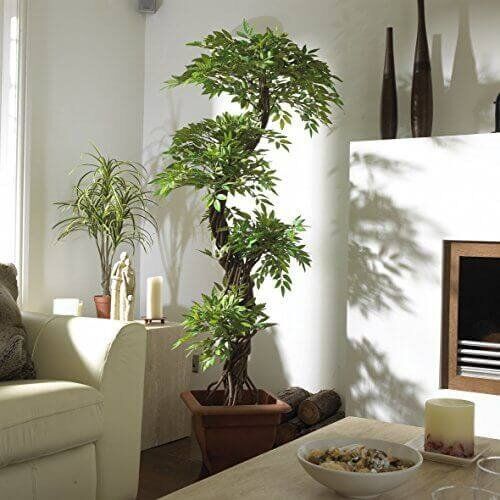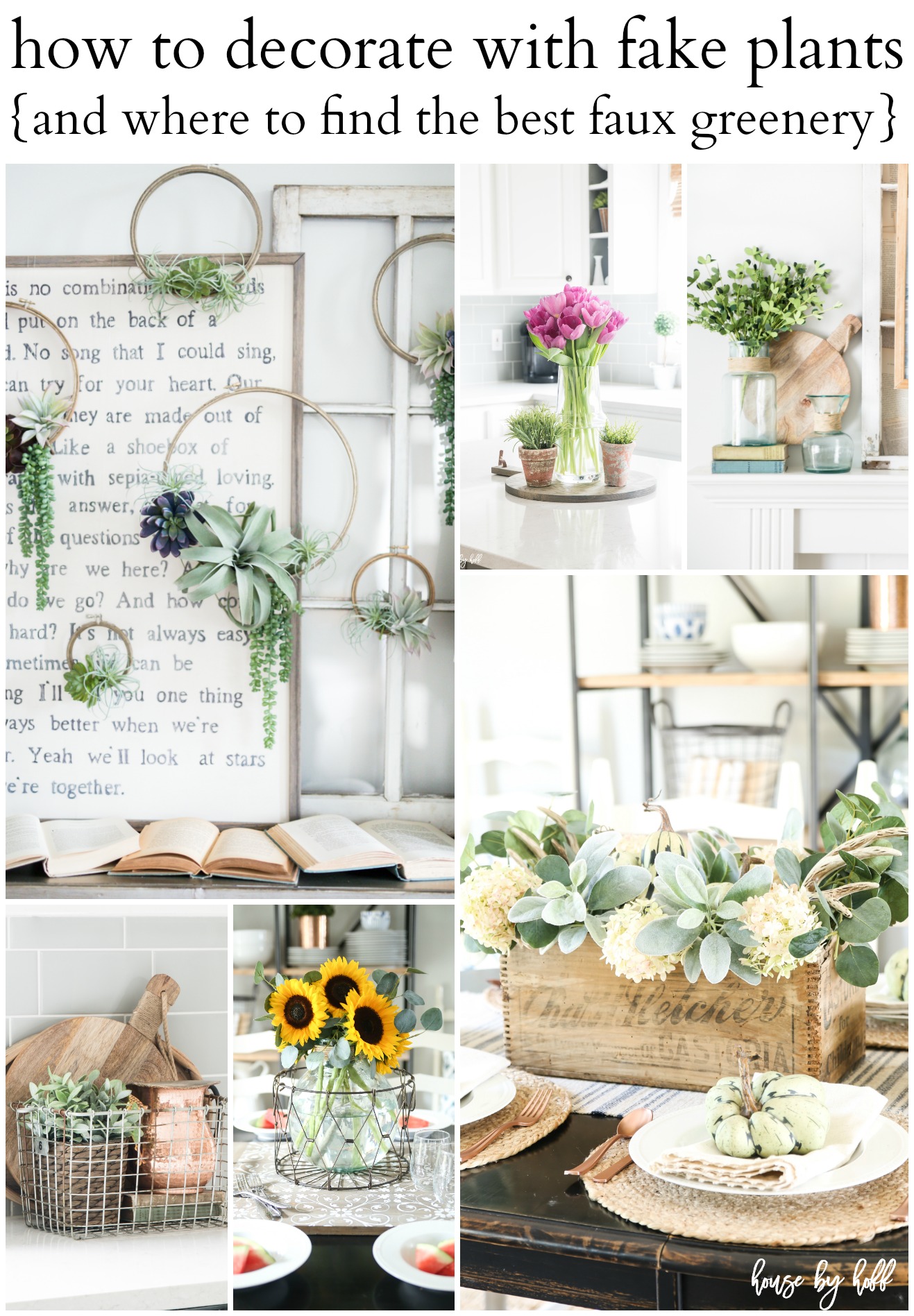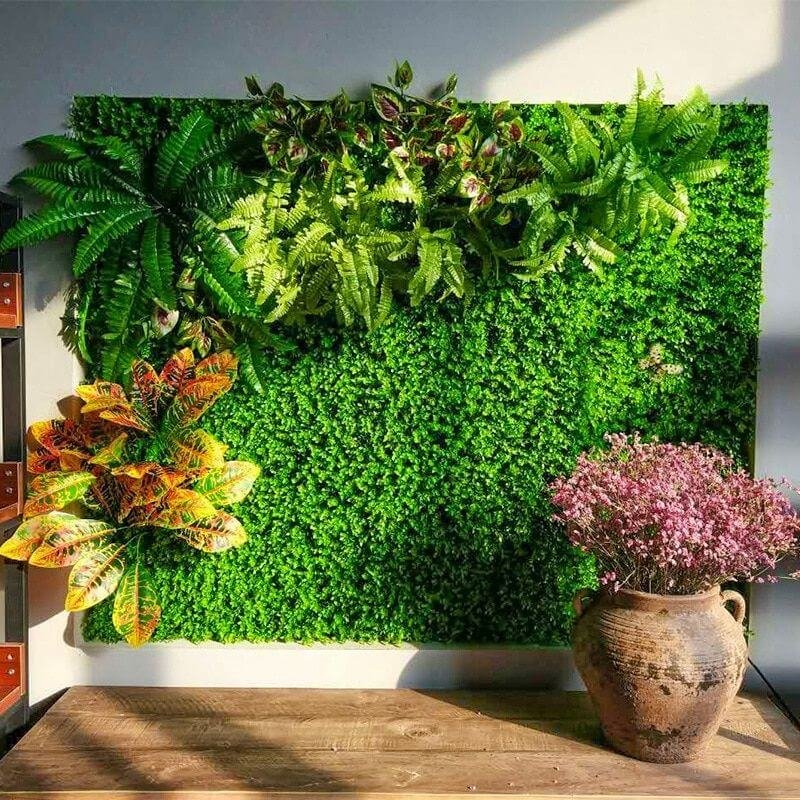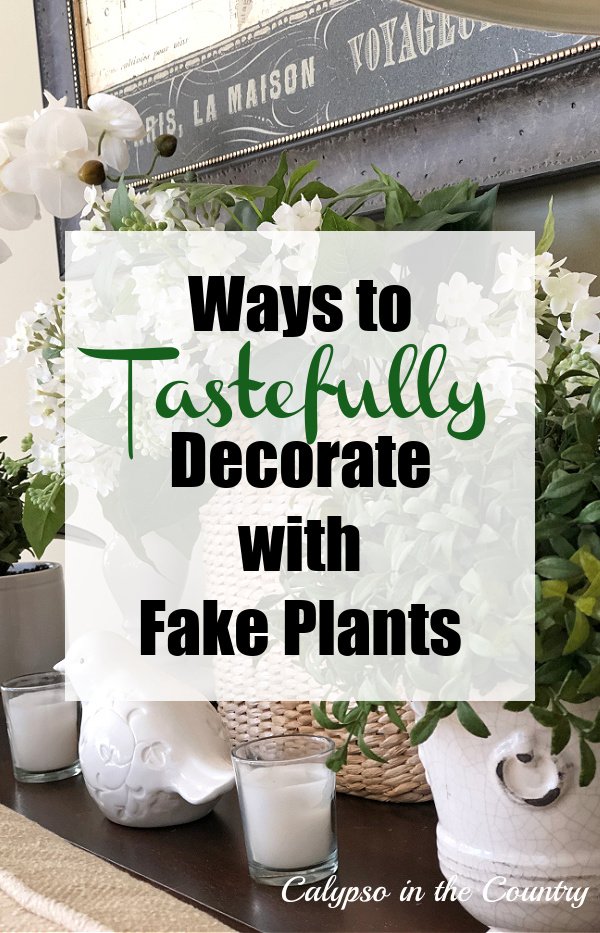Decorating with artificial plants has become a popular trend in the world of interior design. Whether you’re looking to liven up your home or create a serene office environment, artificial plants can offer the same aesthetic benefits as their natural counterparts without the hassle of maintenance. In this comprehensive guide, we’ll explore the various ways to decorate with artificial plants, share personal experiences, and provide tips to help you select the right plants for your space. With over 2700 words packed with useful information, let’s dive in!
Why Choose Artificial Plants?
Artificial plants come with a myriad of benefits that make them an attractive option for anyone looking to enhance their living or working environments. Here are some key reasons:
- Low Maintenance: Unlike real plants, artificial plants require no watering, sunlight, or special care.
- Allergy-Friendly: Perfect for individuals with allergies as they do not produce pollen.
- Longevity: They can last for years without wilting or fading.
- Versatile Design: Available in a variety of styles, colors, and types to suit any décor.
Personal Experience: Why I Switched to Artificial Plants
As someone who used to maintain a small indoor garden, I can relate to the joy of nurturing living plants. However, over time, I found that my busy schedule didn’t allow me the time needed for proper plant care. Transitioning to artificial plants has brought a new sense of freedom; I can enjoy the aesthetics of greenery without the stress. From my living room to my office space, the transformation was immediate, and I’ve never looked back!
Choosing the Right Artificial Plants
With countless options available, choosing the right artificial plants can be overwhelming. Here are several factors to consider:

1. Purpose and Placement
Think about the space where you plan to place the artificial plants. Are you looking to create a focal point, fill an empty corner, or add a touch of nature to your workspace? Your intention will help guide your selection.
2. Size and Scale
Consider the dimensions of the area you want to decorate. Large artificial trees can create a dramatic effect in spacious rooms, while smaller plants fit well on shelves or desks.

3. Color and Texture
Choose colors that complement your existing décor. Look for plants with varied textures, as this can add depth and interest to your design.
Types of Artificial Plants to Consider
Here’s a comparative table of popular artificial plant types along with their ideal placements:

| Type | Ideal Placement | Pros | Cons |
|---|---|---|---|
| Artificial Fiddle Leaf Fig | Living Room, Office | Trendy, Large Focal Point | Can be expensive |
| Succulents | Desk, Shelf | Low Maintenance, Stylish | Small Size |
| Artificial Ferns | Bathrooms, Corners | Softens Hard Edges | Requires Larger Space |
| Fake Flower Arrangements | Centerpieces | Colorful, Eye-Catching | May Look Less Realistic |
| Artificial Trees | Entryways, Large Rooms | Creates High Impact | Heavy, Requires Sturdy Support |
Design Ideas for Decorating with Artificial Plants
1. Creating a Green Wall
Transform a plain wall into a lush vertical garden using a combination of artificial vines, ferns, and leafy plants. This dramatic effect can serve as an eye-catching backdrop for your living area.

2. Table Centerpieces
Use artificial flowers to create stunning centerpieces for your dining or coffee tables. Choose bold colors that contrast with the table setting for a striking look.
3. Shelf Styling
Incorporate small artificial plants into your shelves. Mix sizes and types to create a dynamic display that adds visual interest to bookshelves and cabinets.

Pros and Cons of Artificial Plants
While artificial plants offer numerous benefits, it’s essential to also consider their downsides:
Pros
- Zero maintenance required
- Increased design flexibility
- Year-round greenery
- Cost-effective in the long run

Cons
- Risk of looking artificial if poorly made
- May collect dust over time
- Limited environmental benefits compared to real plants
Maintenance Tips for Artificial Plants
To keep your artificial plants looking fresh and realistic, follow these maintenance tips:

1. Regular Dusting
Use a soft cloth or a feather duster to regularly wipe off dust that accumulates on the leaves.
2. Cleaning with Soap and Water
For deeper cleaning, mix mild soap with warm water, and gently clean the plants with a sponge. Rinse them afterward with clean water.
3. Avoid Direct Sunlight
Position your artificial plants away from direct sunlight to prevent fading of colors and materials over time.
FAQs About Decorating with Artificial Plants
1. Are artificial plants safe for pets?
Most artificial plants are safe for pets. However, it’s advisable to check the materials used, as some can be toxic if ingested.
2. How do I choose the right size of artificial plants?
The size of your artificial plants should complement the scale of your furniture and the size of the room. Larger spaces can handle bigger plants, while smaller areas need more compact options.
3. Can I mix artificial plants with real ones?
Absolutely! Mixing artificial and real plants can create a more vibrant and lush look in your space, adding depth and variety to your décor.
4. Where can I find high-quality artificial plants?
Look for reputable retailers both online and in stores that specialize in home décor. Brands like Pottery Barn, Wayfair, and Amazon often provide a wide range of quality options.
5. How can I make artificial plants look more realistic?
Opt for high-quality plants that incorporate realistic textures and colors. Arranging them thoughtfully and pairing them with natural materials can enhance their authenticity.
Final Thoughts
Decorating with artificial plants is a great way to effortlessly bring life into your spaces. With the right selection and thoughtful arrangement, you can create a beautiful, low-maintenance environment that reflects your personal style. Incorporate these tips and enjoy the lush greenery that artificial plants can offer!
So go ahead, explore your options, and let your creativity flourish!